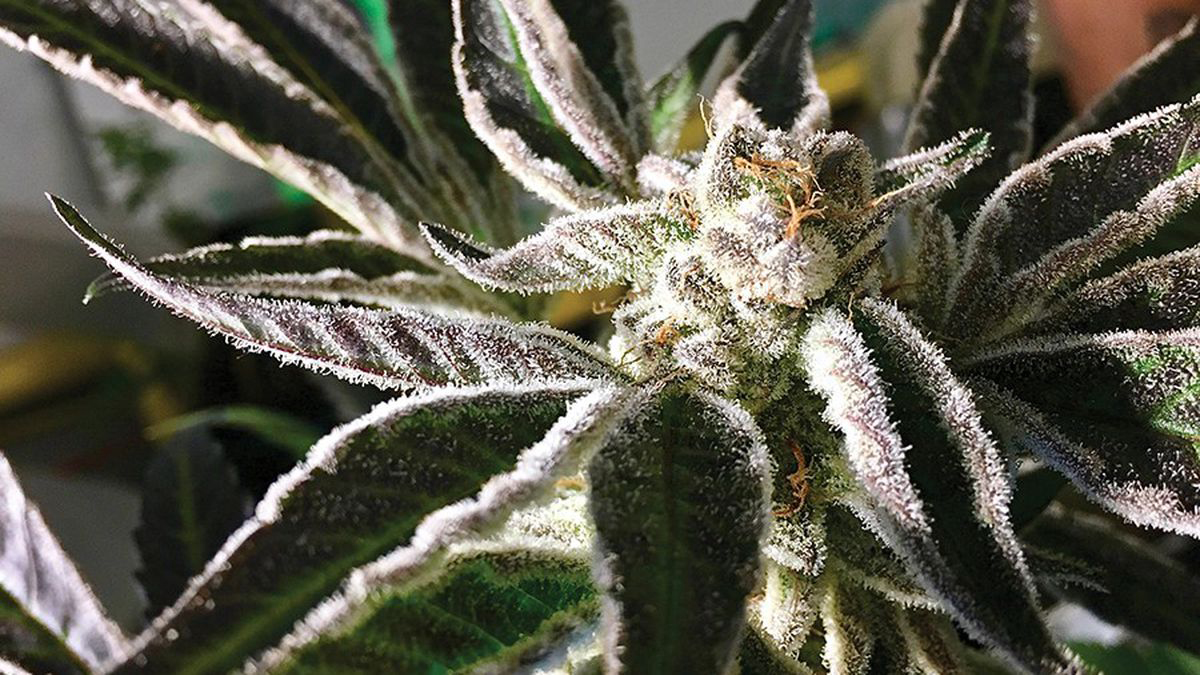Even as California’s cannabis industry and its allies in government continue to fight to lower the state’s burdensome pot taxes, a state agency is once again set to raise taxes on already-struggling pot growers.
For the second time in two years, the California Department of Tax and Fee Administration has announced that the state’s cultivation tax will rise, this time from $9.65 per dry-weight ounce of bud to $10.08 per ounce. The rate on leaves will rise from $2.87 to $3 per ounce.
The CDTFA determines the rates every six months by using a complicated formula to square the wholesale price of weed with the actual market price paid by consumers. It does so by determining the average rate that retailers add to their wholesale cost to determine the final retail price. That markup rate will stay at 80%, but changes in wholesale prices mean that the cultivation tax rate will rise in January.
The last time this happened, in 2019, it sent shockwaves through the beleaguered California cannabis industry. Back then, the tax rate on dry-weight bud rose from $9.25 to $9.65 per ounce. At the time, the trade publication MJBizDaily declared that “the stakes are nothing less than the survival of the state’s legal marijuana market, according to some industry watchers.”
In terms of the effect of the industry as a whole, the situation isn’t quite so dire this time, as business conditions have generally improved. But the state’s pot business is still highly challenging, especially for growers who are dealing with a massive oversupply that is ratcheting down wholesale prices.
The hike is “wrong-headed and untimely,” declared the California chapter of the National Organization to Reform Marijuana Laws, in a statement issued last week. “The legal industry is already so burdened by excessive taxes and regulation that it cannot compete with unlicensed marketers,” said that organization’s director, Dale Gieringer. “California needs to be reducing, not increasing, cannabis taxes [in order to] to make the legal market more competitive.”
Ever since legal adult-use cannabis sales began in 2018, industry advocates have pleaded with the state, as well as some localities, to lower the tax burden on cannabis. They note that many consumers, turned off by high prices, have stuck with, or returned to, the illicit market, which still dwarfs the legal industry in the state. The situation became outright dire in 2019, though—perhaps counterintuitively—it evened out in 2020, thanks in part to cannabis being declared an “essential service” that would be allowed to continue operating through the Covid pandemic.
Advocates for legalization—who won their battle on Election Day 2016 with the passage of Prop. 64, which begat the legal adult industry that started a year later—often touted cannabis taxes as a reason why weed should be legal. Gieringer himself was an advocate of the cultivation tax in particular. The idea was that it would prevent cannabis from becoming overly commoditized—that is, too cheap—and thus not able to sustain a thriving industry.
But the rates are too high, Gieringer now says, especially given the additional 15% excise tax on retail sales, plus any local taxes, and the normal sales tax. “California’s costly taxes and regulations have raised the price for legal cannabis substantially above what it was prior to legalization,” Gieringer said.
Meanwhile, during the past year, the supply pipeline has been packed, sending wholesale prices plunging by about 60%. Given those lower prices and rising tax rates, the tax burden on growers next year might be anywhere from 30–60% of the cost of production, NORML estimates.
Attempts to lower or eliminate the cultivation tax are ongoing, along with calls to lower the excise tax. So far, several attempts have been made, but—largely thanks to the pandemic shifting the attention of the Legislature and the governor’s office to more pressing matters—they have gone nowhere so far. Industry advocates are left to repeat what they’ve been saying since the industry was born: maybe next year.














